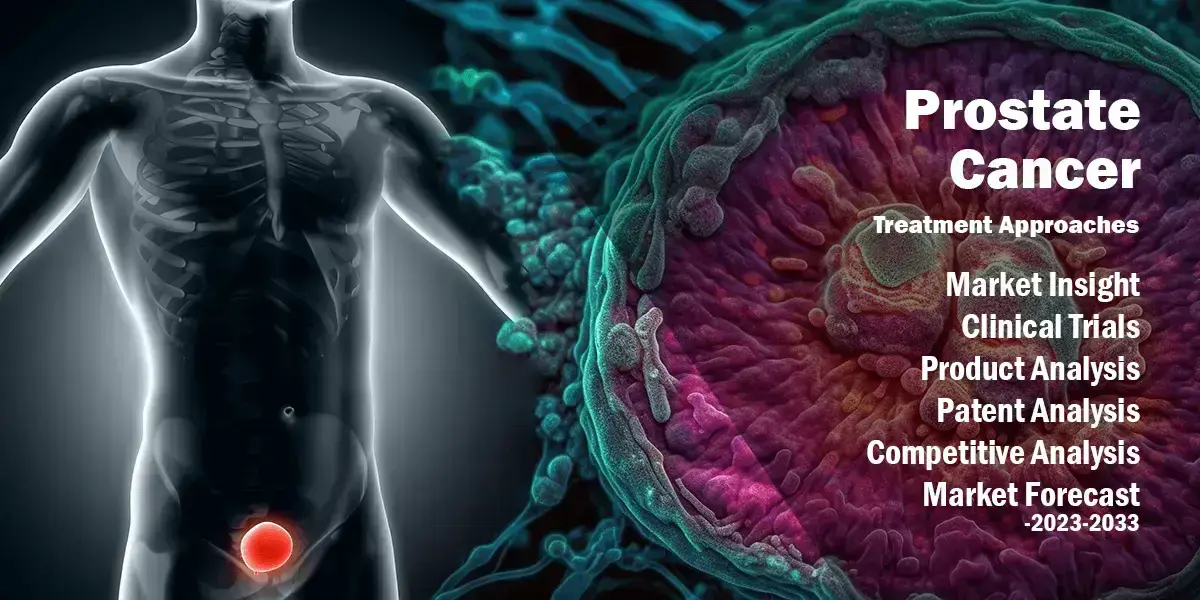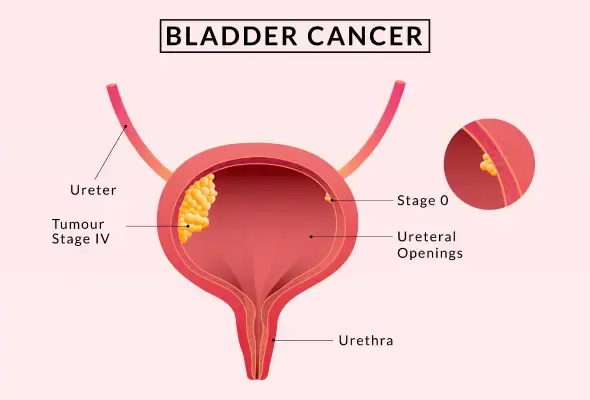
Understanding Prostate Cancer
Prostate cancer begins in the prostate, a small gland that produces seminal fluid and is located below the bladder and in front of the rectum. While prostate cancer is often slow-growing, some cases are more aggressive. Early detection and treatment are key to improving survival rates.
Prostate Cancer Staging
- Stage I: The cancer is localized to the prostate and is not detectable through normal exams.
- Stage II: The cancer is still confined to the prostate but can be felt during a digital rectal exam (DRE).
- Stage III: The cancer has spread beyond the prostate to nearby tissues or organs.
- Stage IV: The cancer has spread to distant parts of the body, such as bones or lymph nodes.
The Most Effective Prostate Cancer Treatments
1. Surgical Treatments
Surgery is one of the most effective treatments for prostate cancer, particularly in its early stages. The goal of surgery is to remove the prostate gland, a procedure known as radical prostatectomy. This treatment option is often recommended for patients with localized prostate cancer.
Types of Radical Prostatectomy
- Open Prostatectomy: A traditional surgery where a single large incision is made to remove the prostate.
- Laparoscopic Prostatectomy: A minimally invasive surgery using small incisions and a camera to guide the surgeon.
- Robot-Assisted Prostatectomy: A form of laparoscopic surgery where a robot controls the instruments, allowing for more precision and faster recovery.
2. Radiation Therapy
Radiation therapy is another highly effective treatment for prostate cancer. It uses high-energy rays to target and kill cancer cells.
- External Beam Radiation Therapy (EBRT): Focuses radiation beams from outside the body directly onto the prostate.
- Brachytherapy: Involves placing radioactive seeds directly into or near the prostate, delivering radiation directly to the cancerous tissue.
Radiation therapy can be used for early-stage cancers, as well as for treating advanced prostate cancer that has spread beyond the prostate.
3. Hormone Therapy
Prostate cancer cells often rely on testosterone to grow. Hormone therapy, also known as androgen deprivation therapy (ADT), works by reducing or blocking the production of testosterone, slowing the growth of prostate cancer.
- LHRH Agonists and Antagonists: These drugs lower testosterone production.
- Anti-Androgens: Block the action of testosterone on prostate cancer cells.
- Orchiectomy: A surgical procedure that removes the testes, which produce most of the body's testosterone.
4. Chemotherapy
Chemotherapy is typically used for advanced prostate cancer that has spread to other parts of the body. It uses drugs to kill rapidly growing cancer cells.
- Docetaxel: One of the most commonly used chemotherapy drugs for prostate cancer.
- Cabazitaxel: Another chemotherapy drug used when cancer no longer responds to docetaxel.
5. Immunotherapy
Immunotherapy works by boosting the body’s natural immune system to fight cancer. Sipuleucel-T (Provenge) is one of the first FDA-approved immunotherapy treatments for advanced prostate cancer. It stimulates the immune system to target and destroy prostate cancer cells.
6. Targeted Therapy
Targeted therapies focus on specific genetic mutations or abnormal proteins that are present in prostate cancer cells. These therapies aim to disrupt the cancer cell’s ability to grow and divide.
Examples of Targeted Therapy Drugs
- Olaparib (Lynparza): A targeted therapy for patients with BRCA mutations.
- Radium-223 (Xofigo): Targets bone metastases in prostate cancer, helping to relieve pain and reduce fractures.
7. Cryotherapy
Cryotherapy, also known as cryosurgery, involves freezing prostate cancer cells to destroy them. It can be used as a primary treatment or when cancer returns after other treatments. Cryotherapy is minimally invasive and has a shorter recovery time compared to traditional surgery.
Best Prostate Cancer Treatment Centers in the World
Choosing the right treatment center is crucial for successful prostate cancer treatment. The best centers often have multidisciplinary teams, cutting-edge technology, and a track record of success in treating prostate cancer. Here are some of the leading prostate cancer treatment centers around the world.
| Treatment Center | Location | Specialties |
|---|---|---|
| MD Anderson Cancer Center | Houston, USA | Comprehensive care, advanced prostate cancer treatments, clinical trials |
| Memorial Sloan Kettering Cancer Center | New York, USA | Focus on personalized medicine, immunotherapy, surgery |
| Johns Hopkins Sidney Kimmel Cancer Center | Baltimore, USA | Innovative surgical techniques, robotics, targeted therapy |
| The Royal Marsden Hospital | London, UK | Expertise in advanced prostate cancer and clinical research |
| Gustave Roussy Cancer Campus | Villejuif, France | Cutting-edge radiotherapy, targeted therapy, immunotherapy |
| Peter MacCallum Cancer Centre | Melbourne, Australia | Prostate cancer research, multi-disciplinary care |
1. MD Anderson Cancer Center
Located in Houston, Texas, MD Anderson Cancer Center is consistently ranked among the best cancer centers in the world. The center offers a range of treatment options, including surgery, radiation therapy, and immunotherapy. They also offer access to clinical trials for experimental treatments.
2. Memorial Sloan Kettering Cancer Center
In New York, Memorial Sloan Kettering is known for its advanced research in prostate cancer immunotherapy and targeted therapy. The center has pioneered robotic prostatectomy and offers a comprehensive approach to prostate cancer care, combining the latest technologies and treatments.
3. Johns Hopkins Sidney Kimmel Cancer Center
Johns Hopkins is renowned for its prostate cancer research and surgical treatments, particularly robot-assisted prostatectomy. The center’s multidisciplinary team offers a personalized treatment plan tailored to each patient’s needs.
4. The Royal Marsden Hospital
Based in London, The Royal Marsden Hospital is a leader in advanced prostate cancer treatments, including radiotherapy and chemotherapy. The hospital is also renowned for its participation in international research trials.
5. Gustave Roussy Cancer Campus
Located in Villejuif, France, Gustave Roussy Cancer Campus is one of the world’s leading cancer centers. The hospital offers state-of-the-art radiotherapy, targeted therapies, and immunotherapy for patients with advanced prostate cancer.
6. Peter MacCallum Cancer Centre
Peter MacCallum Cancer Centre in Melbourne, Australia, is internationally recognized for its prostate cancer research. They offer a wide range of treatments, including cryotherapy, radiation therapy, and targeted therapies.
Conclusion
There is no one-size-fits-all approach when it comes to prostate cancer treatment. The most effective treatment will depend on various factors, including the stage of cancer, the patient’s overall health, and the availability of cutting-edge therapies. Surgical options like radical prostatectomy, radiation therapy, and newer approaches such as immunotherapy and targeted therapy have all shown promising results.
When selecting a prostate cancer treatment center, consider reputable institutions that offer comprehensive care, access to the latest treatment options, and participation in clinical trials. Centers like MD Anderson Cancer Center and Memorial Sloan Kettering are some of the best in the world for advanced prostate cancer treatment.
Choosing the right treatment plan and center can significantly affect the outcomes, so it is essential to discuss all available options with a team of experienced specialists.





